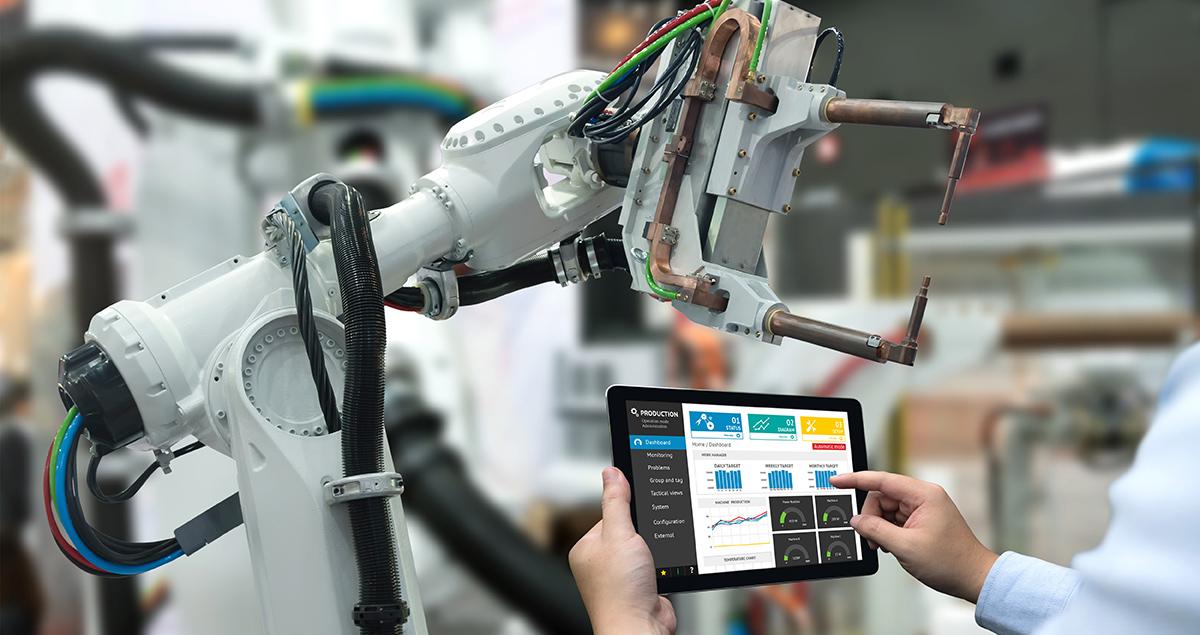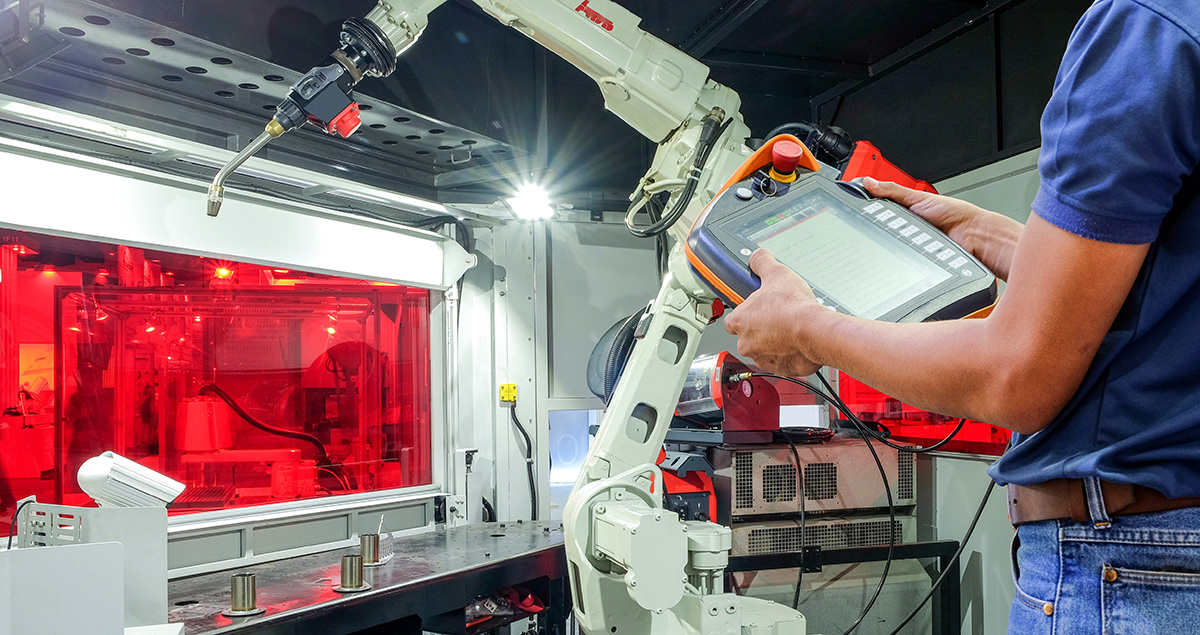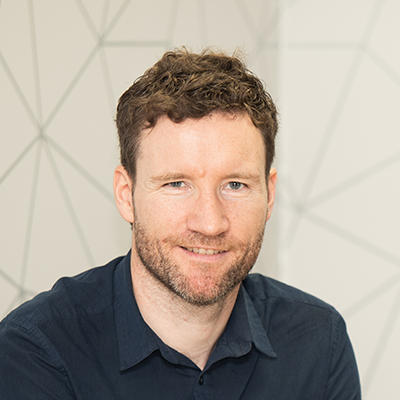Say hello to your AI ‘engineer‘

Artificial Intelligence tends to grab the headlines when it promises dramatic leaps in consumer product capability.
The driverless car has captured the popular imagination. Ever-smarter phones and online home appliances also get a lot of attention.
The market in consumer AI is expected to be huge, with tech giants like Google and its Chinese equivalent Baidu, investing an estimated US$30 billion in it last year.
Less talked about is the transformation which AI is bringing to industry – and which stretches way beyond robots working away on factory production lines.
Energy intelligence
The energy sector is probably not one that comes immediately to mind when people think of AI, but the sector has been turning to the technology to balance supply and demand on electricity grids.
Earlier this year, Google’s DeepMind AI subsidiary announced it was in discussions with the UK’s National Grid to help balance the country’s electricity system.
And a report by McKinsey this summer echoed DeepMind’s claim that by predicting supply and demand and making the grid more efficient, AI could cut electricity usage by 10%.
And AI has a powerful role to play for individual power stations too.
The McKinsey report says that using AI to analyze data generated by sensors dotted throughout modern power plants could increase efficiency so much, that the plants could generate 20% more electricity.
AI engineer
Mitsubishi Hitachi Power Systems is testing just how much more efficient power plants could become with AI.
Boilers play a vital role in thermal power plants, heating water to create the steam that drives the turbines. As the steam moves the turbines, they generate electricity.
To make sure boilers are operating efficiently, they must be tuned.
Boiler combustion tuning involves adjusting the mix of fuel, such as coal, and air in the boiler to make sure the optimum amount of heat is being generated.
Highly skilled engineers must not only tune the boiler to make sure it is burning fuel efficiently, but also balance the steam temperatures with production of exhaust gases such as Nitrogen oxides and carbon monoxide.
Windbox dampers controlling the airflow, the angle of the burner and the speed at which coal is being pulverized are all changed until the boiler achieves a balanced operation both in terms of steam temperature and exhaust gas characteristics.
At Taiwan Power Company's Linkou thermal power plant, MHPS is trialing a system that will automate tuning in the plant’s boilers with the help of AI.
Initial testing has delivered results comparable to those that could be achieved by a highly experienced engineer.
The technology is a core element of a comprehensive system that will eventually enable AI-controlled, automated operation of thermal power plants.
As well as tuning boilers, AI is also being developed to monitor the ongoing condition of plant equipment and detect any problems at an early stage, before they lower efficiency or lead to equipment failure.

Digital today
The future is not one in which the human engineer is replaced by AI, but in which they are empowered by it.
AI may eventually take on tasks like boiler tuning, but it will never replace human ingenuity. Instead, engineers will be given more and more access to information that allows them to make better decisions.
Solutions like the MHPS-TOMONI enable advanced analysis of all of the data generated by a modern industrial plant – everything from temperature sensors on individual components to energy usage data across multiple plants.
It takes all of this Big Data and relays it in digestible, insightful formats that power plant operators can use to make decisions on everything from routine maintenance to responding quickly in an emergency.
This is the future of plant engineering.
Think of it like chess - the best player isn’t a computer or a human – it’s a team of both working together.
And so it will be with industry. It is not human or AI, it is human and AI.
In the power plant of the future, AI “engineers”, will be working alongside their human counterparts.





